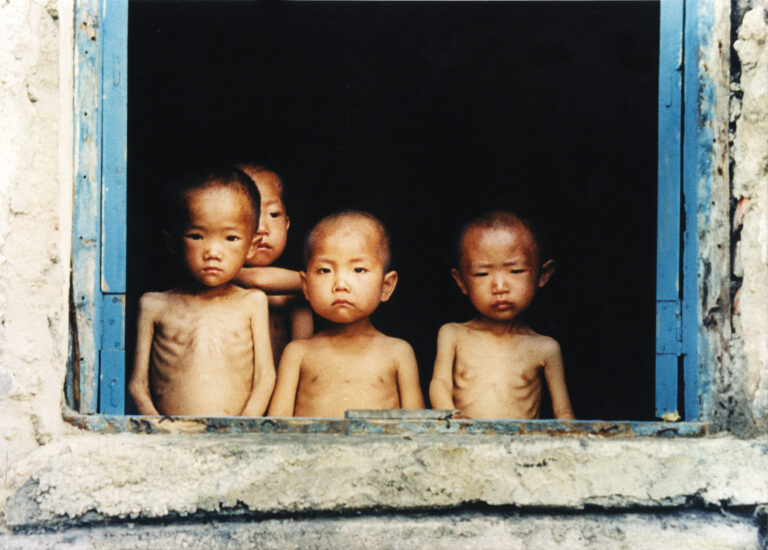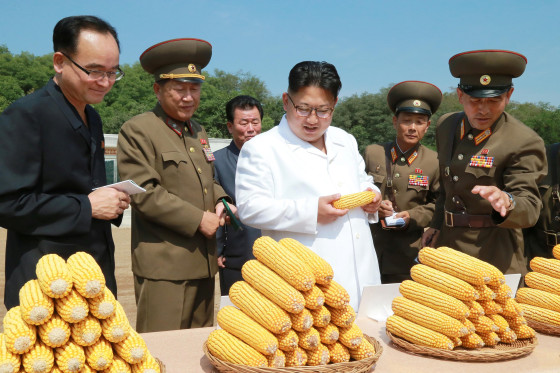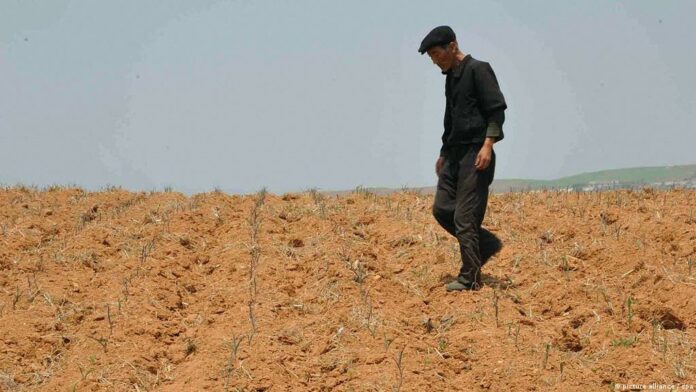By Anna Nguyen,
One thing that the pandemic has done for certain is that it has shifted many aspects of people’s lives in the last year. It has evidently affected sectors of health, economy, and politics. Many governments have adjusted their policies according to the best for their citizens’ health and thus the world’s. However, poverty has risen as unemployment rose, due to the digitalization of many parts of one’s work. North Korea at the moment fears that it will have to go through an unpleasant period of what was known as “Arduous March”.
But what is that though? The “Arduous March” was the extreme period of famine that North Korea had to fight back from 1994 to 1998, which was combined with an economic crisis. A series of events led to it. It all began when the Soviet Union collapsed and therefore the North Koreans lost their support of the food. The Asian area’s soil is not indicated for food production mainly due to its climate which is characterized by extremely cold weather. Also, its centrally planned political system played a significant role in the worsening of this situation, because it made the country more isolated. Therefore, when the crisis arose, the nation was unable to tackle it. Former President Kim Il Sung was in charge back the times and firmly believed that his nation could be self-sufficient and independent. Yet, on the matter of food provision, he was wrong and the upcoming results proved it.

The national policy “Juche” that was implemented at that time was insufficient, regarding the successful management of the times that came. Precisely, the policy supported the belief that all people should feed themselves, whilst the government was in complete charge of food distribution. Hence, as expected, the distribution was not equal as elites and people-friendly towards the government came out victorious. And of course, after the Soviet Union’s collapse, the results were terrifying. North Korea’s citizens lived in poverty, without enough food. This famine was estimated to have killed roughly 2 to 3 million people. The number is a hypothesis because official numbers have never been released. This period was a dark side of North Korea’s history. Despite the fact that the then President strongly believed his country’s strength to overcome things, he had to call for international help and, more specifically, for food aid. The food that was sent never reached the poor people of Korean society and was given to the elites. The consequences of malnutrition were evident in people of all ages. Bodies were deformed, hair color was not bright, and all eyes were swollen by the tiredness caused by the lack of food. Thankfully, international aid managed to save the situation and up until today, North Korea is still dependent on it.

Usually, no one would ever think that these events may take place again. In 2021, North Korea is on the verge of having to face such a phenomenon for one more time. It is unexpected for President Kim Jong Un to admit that his country faces food shortages because he is not used to giving information about his country. Probably he acknowledged how crucial it is to possibly seek help as soon as he can, to prevent an “Arduous March” to reoccur. COVID-19 has crucially contributed to the worsening of the situation, as it forced Kim Jong Un to close its borders in order to control the spread of the virus. As previously stated, North Korea is dependent on foreign support, and isolating the latter cannot be implemented. The combination of the imposed sanctions to North Korea about its nuclear programs with the disability of sufficiently distribute food to its citizens led the President to admit the difficulties he is currently facing. However, he is not willing to lift any measure regarding the containment of COVID-19 and thus will not be able to accept international aid.
A situation like the COVID-19 pandemic that has been affecting the world for the past year needs to be faced in a cooperative manner. Even though first countries had to isolate themselves to contain the virus at some point, giving and receiving help can only work positively. Therefore, President Kim Jong Un might reconsider and accept the foreign support for the best of his people and will not allow another “Arduous March” to come to North Korea again. One is as strong as accepting his need for help.
References
- BBC News, Kim Jong-un admits North Korea a ‘tense’ food shortage, Available here
- Blakemore, E., North Korea’s Devastating Famine, History, Available here
- Crossette, B., Korean Famine Toll: More than 2 million, The New York Times, Available here
- White, E., Kim Jong Un warns of a new ‘Arduous March’ in North Korea, Financial Times, Available here




